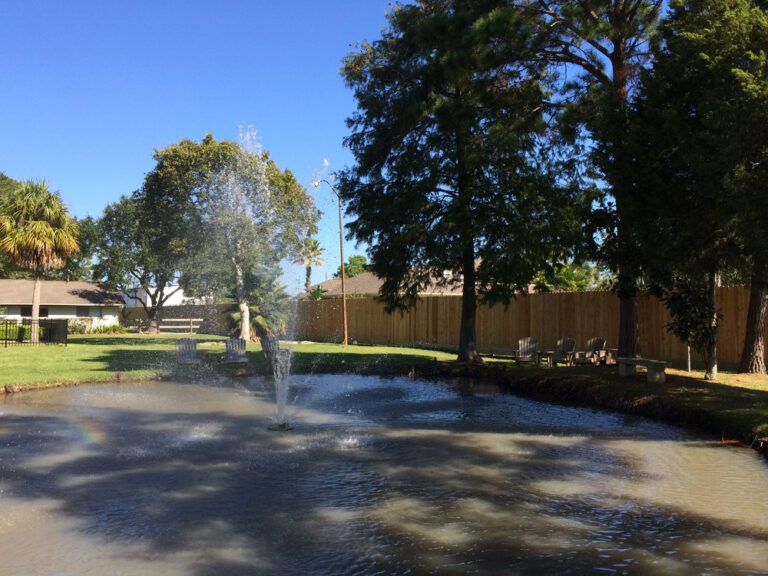Detox in Palms
Addiction Recovery Program in South Houston
Addiction is a disease and when treated as such our chances to recover are increased. Like many other chronic illnesses. It responds well to treatments though there is no known “cure”.
Contact us today to get started.

Addiction Recovery Program
Addiction Recovery Program
Kicking the can down the road is tempting. Making promises about tomorrow, next week, or once you patch things up with your family are typical behaviors. However, tomorrow never comes. Recovery from addiction is something that you must pursue as soon as you think about it.
Residential treatment is often needed because it removes you from your environment and provides structure to allow you to change your outlook on life. You learn to recognize triggers while addressing the internal space of your thoughts and feelings. Healing takes place on physical, emotional, and spiritual levels. Achieving this level of care is possible by immersing yourself in a therapeutic environment.
What Are the Steps of Addiction Recovery?
You meet with an addiction specialist to discuss your treatment options. This expert wants to learn more about you, the drugs you’re taking, and your overall health. During the intake interview, she or he answers your questions, too. Next, you head to your room.
Medical detox is the first step of recovery. It helps your body shed the toxins of the drug. In the process, you break the physiological part of the addiction. This course of action takes about seven to ten days, depending on your overall health and drug abuse history.
Once you finish with detoxification, it’s time to focus on breaking the psychological part of the addiction. You do so by focusing on getting to the reasons for using. Examples of evidence-based treatments offered at Kemah Palms include:
- Cognitive behavioral therapy that encourages you to look for dysfunctional patterns in your thinking and actions
- 12 Steps with a focus on: authentic connection, personal inventory, and service
- Dialectical behavior therapy, which presents you with tools for self-regulating emotional responses to volatile situations
- Eye movement desensitization and reprocessing as a promising method for overcoming traumatic experiences
- Group psychotherapy sessions that include anything from anger management to peer learning opportunities
- Mindfulness and meditation
Begin Your Journey to Addiction Recovery Today!
ake the first step toward a healthier, substance-free life. Contact us now to start your addiction recovery journey at Kemah Palms Recovery in Houston, Texas!



